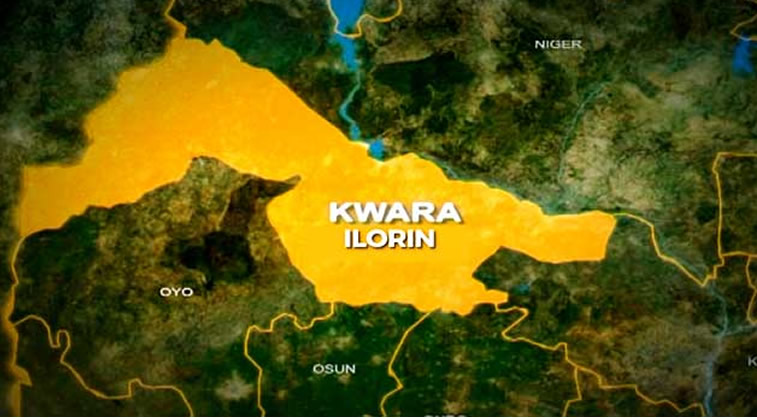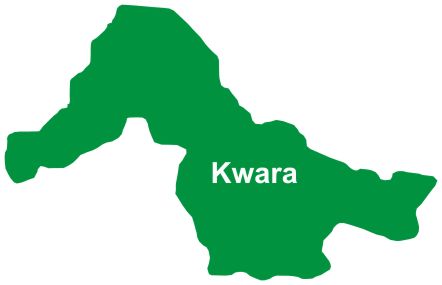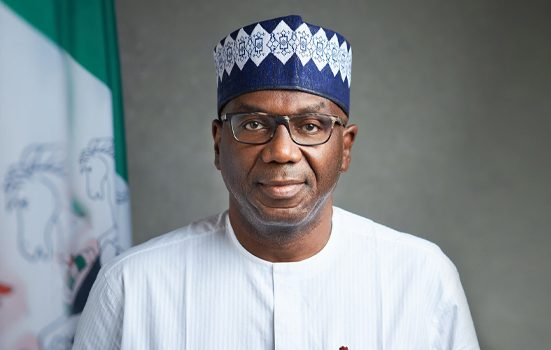Kwara State has emerged as the state with the lowest child mortality rate in Nigeria, according to health indicators released by the Kwara State Primary Healthcare Development Agency. This significant milestone was announced by the Executive Secretary of the Agency, Professor Nusirat Elelu, during the First Quarterly Meeting of the Kwara State Task Force on Immunisation and Primary Health Care held on Thursday in Ilorin.
Citing data from the Nigeria Demographic and Health Survey, Professor Elelu revealed that Kwara recorded only two deaths per 1,000 live births—a figure she described as the best child mortality outcome in the country. She explained that the achievement reflects the success of sustained investments in primary healthcare delivery and maternal-child health services across the state.
“The data clearly shows that Kwara State has the lowest child mortality rate compared to any other state in Nigeria. This progress is a direct result of the government’s commitment to strengthening our healthcare system and increasing access to skilled birth attendants and quality maternal services,” she stated.
According to Elelu, the Kwara State Government has ensured that more children are being delivered safely at health facilities due to improved public confidence and access to services. She attributed part of the success to the integration of trained birth attendants into the Primary Health Centres (PHCs), particularly in rural and underserved communities.
“We now have the best availability of skilled birth attendants in North Central Nigeria, and this has significantly contributed to saving the lives of mothers and their newborns. The government has also made free delivery kits available across all PHCs in the 16 local government areas to encourage institutional deliveries,” she added.
To further eliminate financial barriers, the state launched a toll-free line to report illegal demands from health workers, reinforcing its policy of free delivery services in public health facilities.
The Executive Secretary also noted encouraging progress in the area of routine immunization, particularly for children aged zero to five years. She disclosed that mop-up campaigns are being conducted to ensure that children who missed their scheduled vaccines are fully immunised.
However, she raised concern over the resistance from some fathers in the state, who reportedly prevent their wives from taking their children for vaccinations. Professor Elelu described this trend as a major barrier to consolidating gains made in child health.
Echoing her concerns, the Deputy Governor of Kwara State, Mr. Kayode Alabi, expressed disappointment at the attitude of some male heads of households who withhold support for immunisation efforts. He assured that the state government will collaborate with local government councils to engage these fathers directly and ensure their cooperation in life-saving public health initiatives.
“Our aim is to reach every child in every home, but we need the full support of fathers and husbands to achieve this. Immunisation saves lives, and we cannot afford to let ignorance stand in the way of our children’s future,” Alabi said.
With this remarkable progress, Kwara State continues to position itself as a model for effective primary healthcare delivery in Nigeria. The government has vowed to sustain its current trajectory through continued reforms, community engagement, and investment in maternal and child health services.







